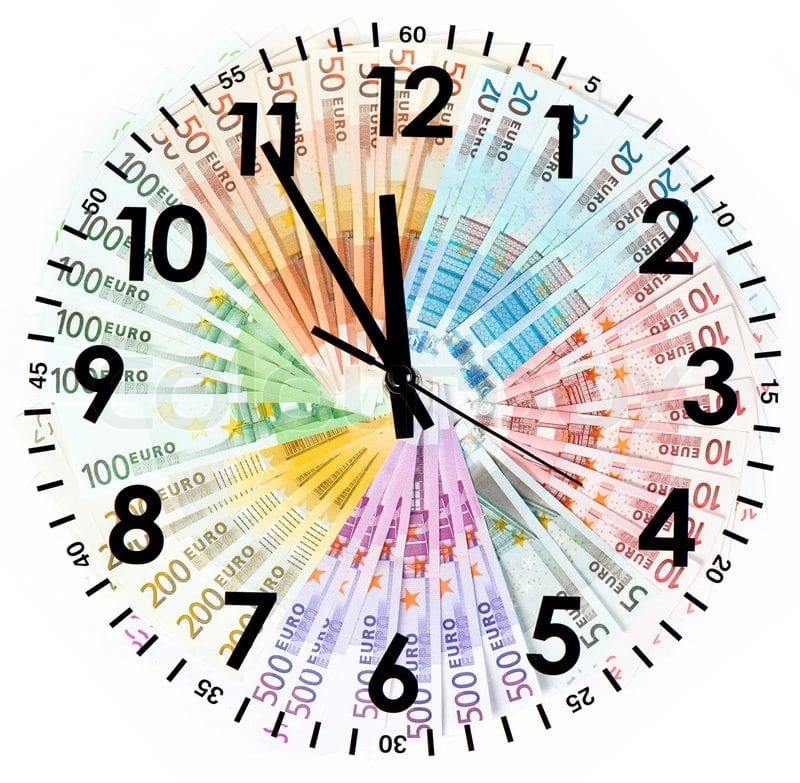
Article by Jordy Winkler, SATOV Consultants
“Time is the only currency”. It sounds compelling, but is it true? The writer was probably picking up on the parlance of the day: not too many people ever admit to not being busy; everyone needs more time. When companies are creating their ideal value proposition, it seems like most start and end with making experiences faster, easier and more streamlined. But as I thought about my purchasing history, I realized that many of my experiences as a customer require a significant amount of my time and energy, and I enjoy them anyway. How can that be? I am a pretty busy person…why am I willing to give my time just to buy something or acquire a service?
Attention bargain hunters
One retailer that puts its customers through their paces, at least compared to its peers, is Costco. From the outset, the discount grocer asks for something upfront by requiring a paid membership.
Costco is a fun place to explore, while everyone in a traditional grocery store is in a rush to escape. But good luck getting in and out of Costco quickly: things are hard to find and bulky to lug around, and the checkout lines are enormous. Still, everyone appears to be enjoying themselves. Maybe it’s just the free popcorn samples—but I think there’s more to it.
Costco is looking for customers willing to make an investment. You exchange money and time for discounted products and fewer overall trips. Costco also targets a specific segment: people who buy large quantities (families with teens or businesses) and spend significant time searching for discounts. In addition to saving money I suspect that Costco shoppers feel proud of their time investment and diligence in saving their family money.
The value of time
What about hospitality? At a Four Seasons, there’s no lineup to check in, but during your stay you’re unlikely to feel rushed. The concierge will take their time, giving you a drawn-out tour of the facilities and the spa experience. They aren’t looking to rush you through the experience…in fact it is more the opposite. Ever notice that at destination resorts (as opposed to business hotels) there are chairs at the check-in desk? That is because they are trying to signal that your life is about to slow down; you will get value by giving time rather than saving time.
A Holiday Inn on the other hand runs more like an assembly line that pushes you through as fast as possible. People who stay there are not looking to enjoy the hotel as much as use the hotel to sleep and focus their energy on the rest of their trip. Some of this comes down to the chain’s lower margin, which leaves it less money and time to spend on guests.
Clothing retailers also have different approaches on time and convenience. At The GAP, every product and size is out on the tables for you to grab and go. You may need someone to help you but ideally you can find things yourself and do so quickly without any fuss. At Prada not only do you need to speak to an associate to get what you’re looking for, but once you do you should bring your patience, as they will bring the chatter, the sparkling water and multiple options for you to consider.
To command a higher price, designer stores can’t hurry the experience. Customers want to feel like they’re getting value for money. But that doesn’t mean everything is slow. The shopping takes time, but you’ll never wait at checkout.
The rules of engagement
What about when companies have less of a choice? Certain products and services inherently take up more consumer time and energy (think collectibles and entertainment). Companies need to be realistic when evaluating what they’re offering a customer. Is it a product, a utility or a diversion?
The world of mobile applications also shows us how saving time is not always a primary objective. Uber knows it’s offering a service that is ultimately making a current service more convenient. While their positioning and success rely heavily on price, they could not have done so at the expense of convenience. The habit of Uber-ing gets ingrained due to ease of use after the price messaging drives trial. As a result, their app is designed to be used quickly. Nobody looks forward to hailing a cab, but they get a kick out of the fact that it takes less time to do so (and pay) using Uber than with the traditional method. And interestingly when people are in high traffic zones with cars that are easy to flag down, Uber often loses out as the less quick and easy option.
Then there’s Twitter. Anyone can access it and sign up, but to be truly engaged takes time and energy. You need to follow the right people, stay up-to-date on content and maybe post occasionally. How often do you check in to see the latest news and look up twenty minutes later wondering why you can’t get things done? In this case the time spent on it builds the addiction, rather than the time saved.
So is time important to me? You bet it is. I don’t feel like I have much of it and I want to spend it being engaged in something I enjoy or investing it to get other benefits. But that doesn’t mean I want to rush through every experience I have as a consumer. In fact, in some cases I want to relax and enjoy the ride.
